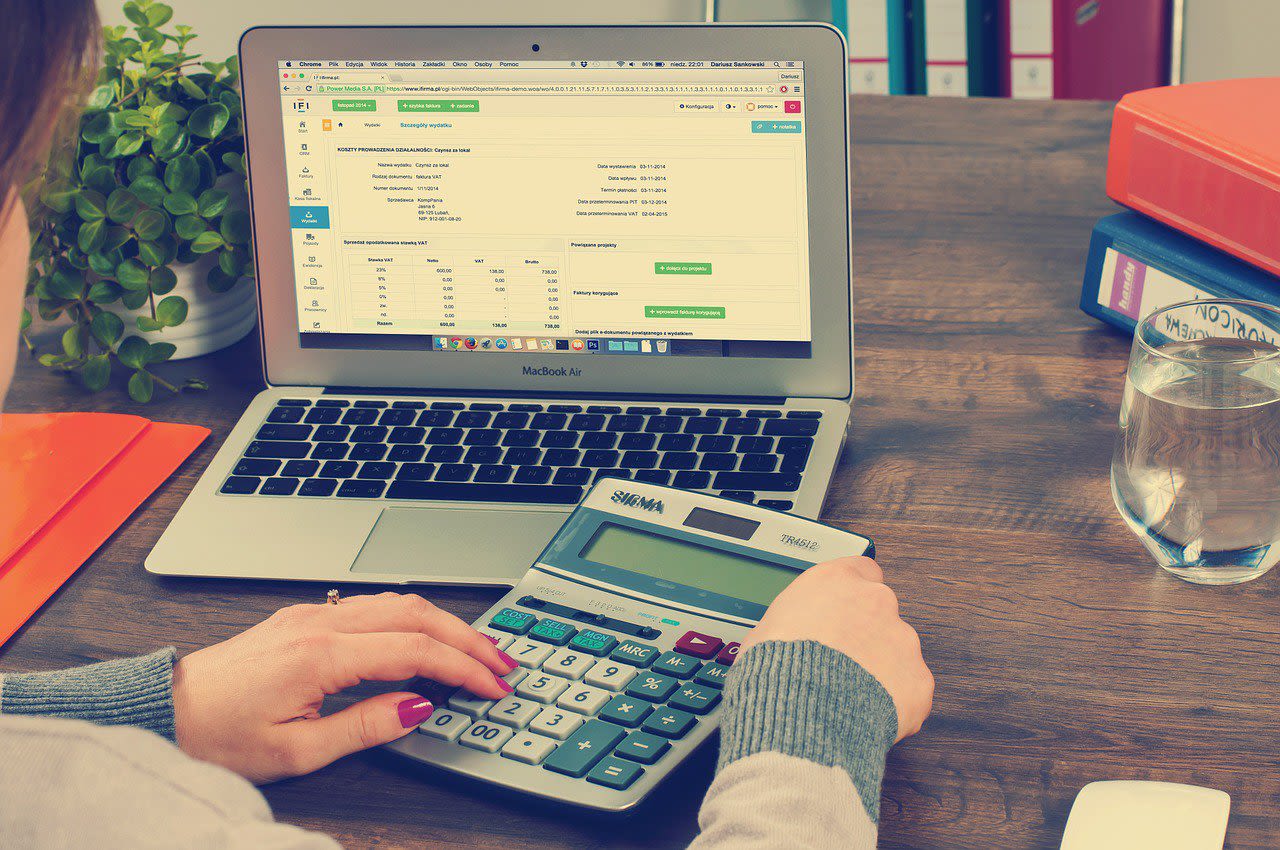
LIKE-KIND EXCHANGES: STILL A VIABLE TAX SHELTER
Are you holding onto appreciated property or real estate because you fear a large capital gains tax bill upon the property’s disposal? Don’t let fear paralyze you. You can circumvent this problem with a like-kind exchange.
The IRS allows you to defer the gain on property as long as it’s exchanged for replacement property of a like kind—that is, property of the same nature or character.
How Does it Work?
Most exchanges of real property qualify as like-kind exchanges, no matter what their use. For example, you could exchange farmland for an apartment building of equal or greater value without recognizing any gain at that time (providing neither property qualifies as your residence). Your basis in the new property is reduced by the amount of deferred gain, as shown in the example.
EXAMPLE
George purchased his first investment property, a parcel of land, for $50,000 in 1997. Today, the land is worth $75,000. George wishes to dispose of it and buy a new piece of land worth $100,000. If George sells the land and then pays that $75,000 plus an additional $25,000 for the new land, here’s what his tax situation would look like:
Sale and Purchase
Sale price of farmland $75,000
Less basis in land (50,000)
Gain on sale of farmland 25,000
Tax rate X 15%
Current year tax liability $ 3,750
Basis of newly acquired land $100,000
What if George trades his old land and $25,000 in cash in exchange for the new parcel of land? That scenario would result in the following:
Like-Kind Exchange
Sale price of farmland $ 75,000
Less basis in land (50,000)
Gain on sale of farmland 25,000
Gain deferred (25,000)
Current year recognized gain 0
Cost of acquired property $100,000
Less: deferred gain (25,000)
Basis of newly acquired land $ 75,000
Using a like-kind exchange would allow George to keep an additional $3,750 in his pocket. If George were to receive property of a like kind plus cash and/or other property in an exchange, he would have to recognize the gain, but only up to the value of the other property received. Any remaining gain would be considered as generated by the like-kind exchange.
Creative Transactions
Referring to the example, what if the owner of the land didn’t want George’s land in exchange? If George had a buyer for the farmland, he could hire someone to perform the sale and purchase. George would first transfer title of the farmland plus the cash to the facilitator. The facilitator would then: 1) sell the farmland, 2) purchase the new land, and 3) transfer title of the new land to George.
Even though this is a three-party transaction, it would still qualify as a like-kind exchange if performed properly. However, there are special rules as to who qualifies as a facilitator, and timing is critical. As with all complex tax matters, professional guidance is important.
Favorable Reform
Like-kind exchanges provide even more benefits now because of changes in the depreciation rules. Previously, depreciation on the entire amount of basis in the new property would start over.
For exchanges occurring after January 3, 2000, the portion of the basis in the new property attributable to the remaining basis in the old property will continue to be depreciated as if the property was never disposed of. This will often result in faster depreciation than under the old rules.
Watch Your Step
Like-kind exchanges can also backfire. While they allow you to defer gain on an exchange, you must also defer any loss on the exchange. Therefore, it may be wise to sell properties where the fair market value is less than its undepreciated basis, such as in the case of an automobile trade-in. Things can also be tricky if debt is being transferred. You don’t want to be surprised by gain.
The like-kind exchange is a powerful tax-planning tool, but it must be executed properly. Consult your qualified tax professional for specific guidance.
